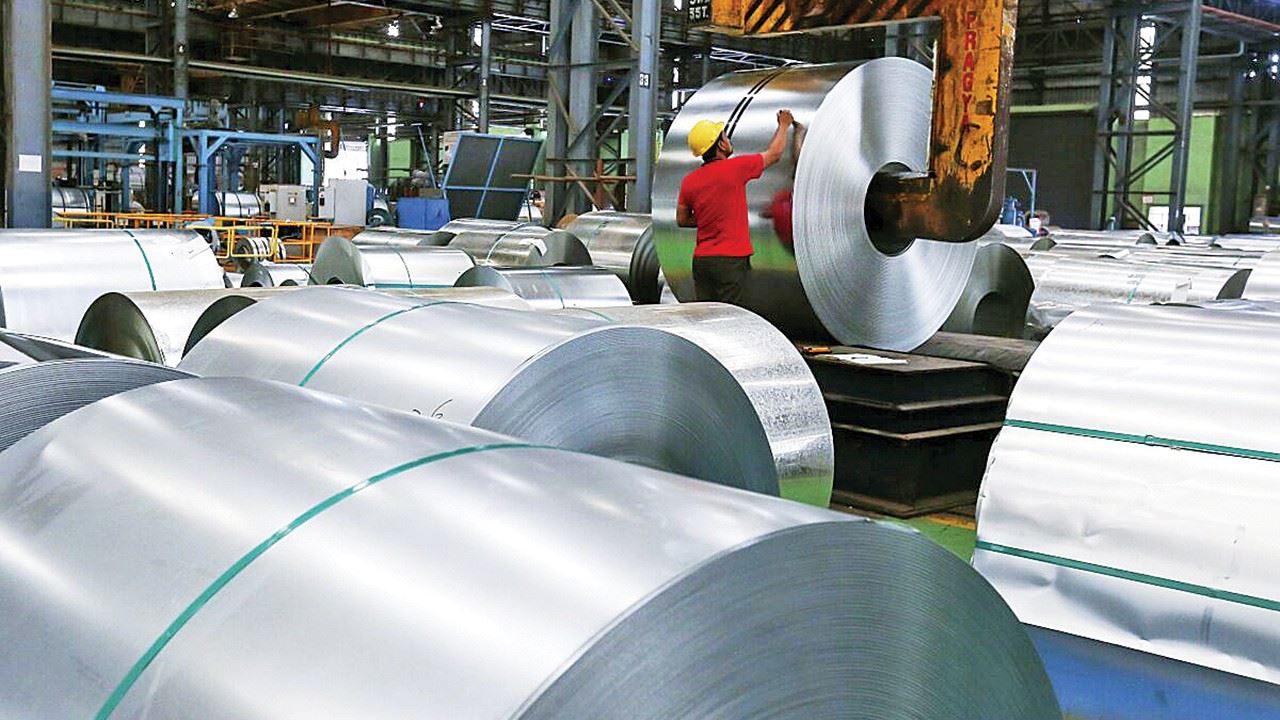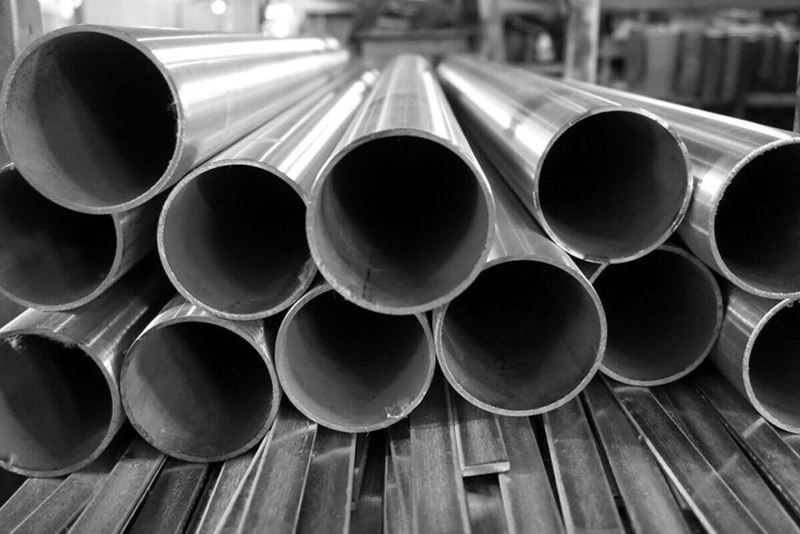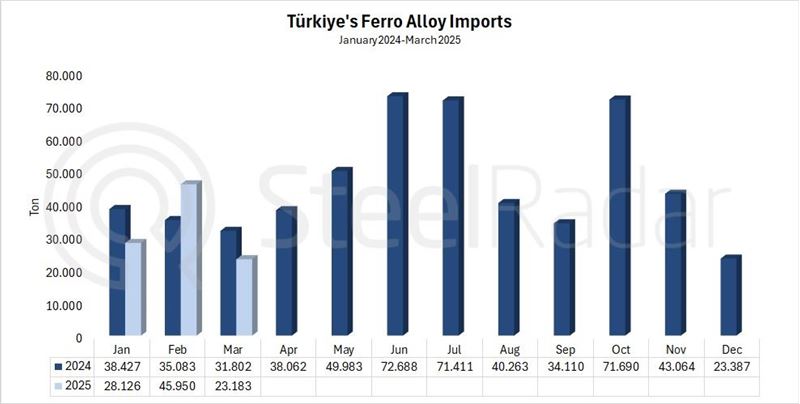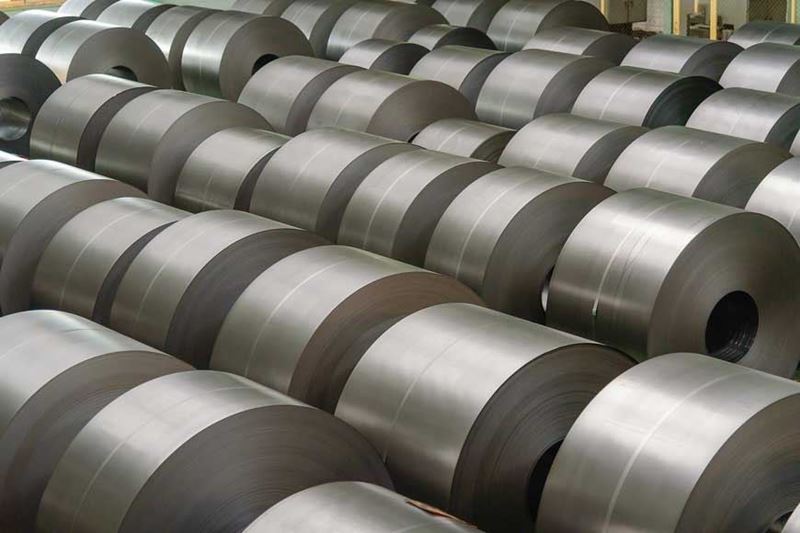Other major steel producers follow similar policies. Large-scale factory repairs are planned at Hyundai Steel's Pohang and Dangjin plants, while Dongkuk Steel is restricting production, including electric furnaces operating at night. This situation leads to the expectation of a significant decrease in production capacity in the second half of the year.
According to industry representatives, local demand has decreased significantly due to the worsening construction economy. Domestic demand, initially estimated at around 9.2 million tons, has recently fallen below 8 million tons. This resulted in a decrease of approximately 30% per ton in rebar distribution prices; prices decreased from 970,000 won (701 USD) to 685,000 won (495 USD) compared to the same period last year.
In addition to major producers such as Hyundai Steel and Dongkuk Steel, other local companies also decided to reduce their production. A further decline in production levels is expected due to major repairs due in September. In this process, companies aim to reduce market volatility by trying to stabilize distribution prices.
The steel industry is going through a difficult period due to falling demand as well as a narrowing gap between rebar and ferrous scrap prices. Rebar manufacturers are taking precautions, stating that the demand comes largely from construction companies. In this context, production restriction policies of steel companies are considered as steps to prevent price declines in the market.
Hyundai Steel and other major steel producers are moving towards the goal of stabilizing distribution prices and improving their performance in 2024. However, the difficulties faced by the sector make it uncertain what course it will follow in the coming period.









Comments
No comment yet.